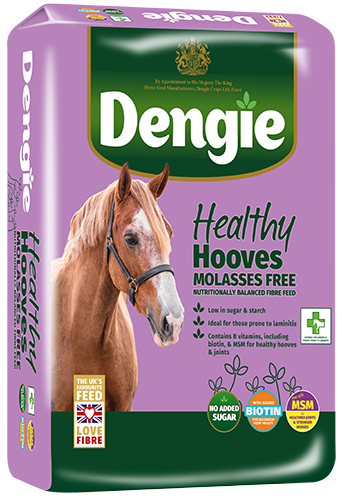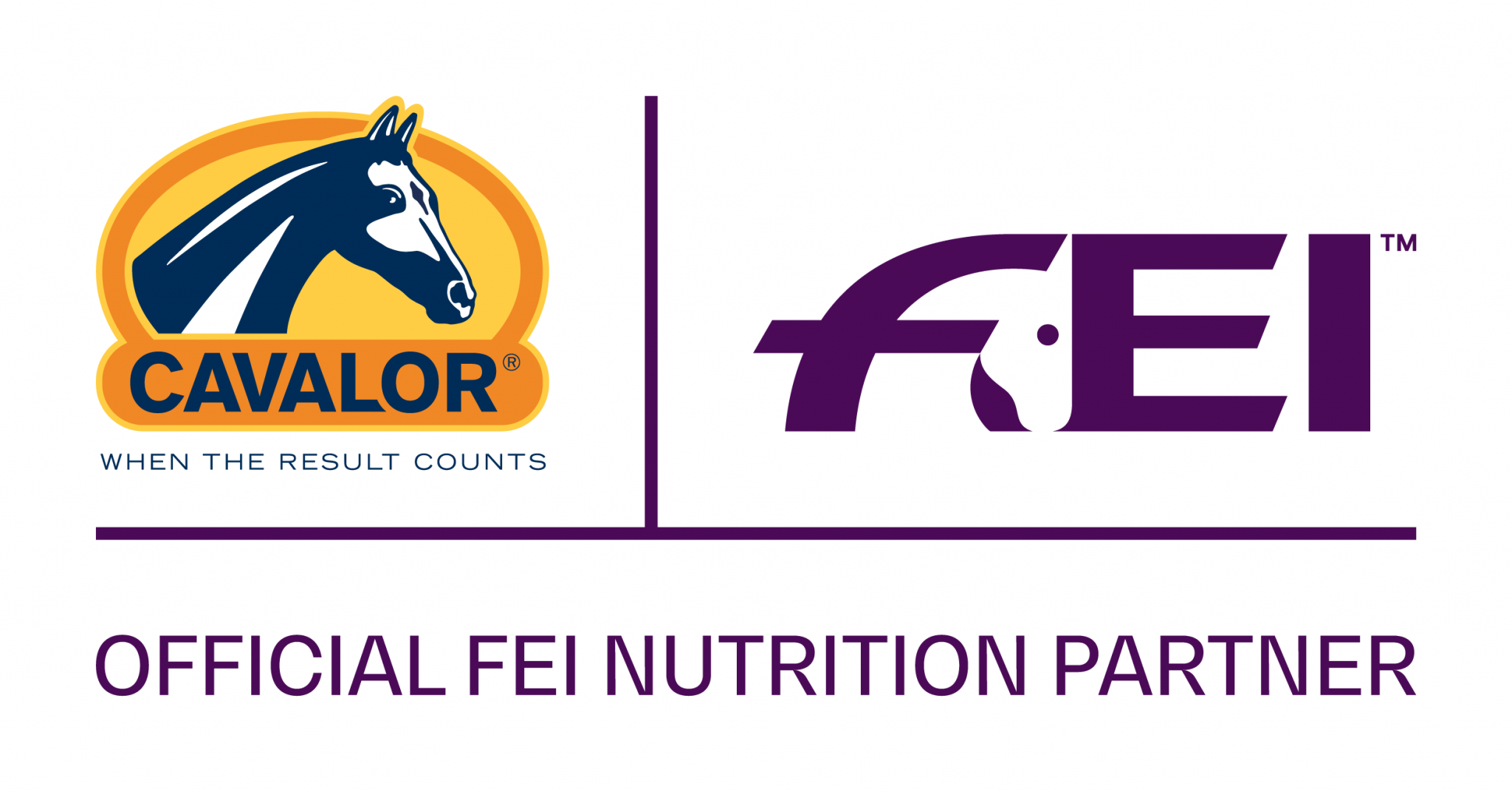Signs of Good and Poor Horse Nutrition

Proper nutrition is essential for maintaining a horse’s health, performance, and longevity. Recognizing the signs of good and poor nutrition can help horse owners make informed decisions to ensure their animals thrive. This article explores the key indicators of nutritional status in horses, providing practical insights for optimal care.
Understanding Horse Nutrition
Horses require a balanced diet consisting of forage (hay or pasture), grains, vitamins, and minerals. The quality and quantity of these components directly affect their well-being. Nutritional needs vary based on age, workload, and health status.
Signs of Good Horse Nutrition
1. Healthy Coat and Skin
- A shiny, smooth coat indicates adequate intake of essential fatty acids and vitamins.
- Skin should be supple and free from dryness or flakiness.
2. Optimal Body Condition
- The horse should have a well-balanced body condition score (BCS) typically between 4 and 6 on a 9-point scale.
- Neither too thin nor overweight, with visible muscle tone and fat distribution.
3. Good Hoof Health
- Strong, smooth hooves without cracks or excessive brittleness.
- Proper nutrition supports hoof growth and repair.
4. Consistent Energy Levels
- The horse should display steady energy appropriate to its workload.
- Avoid signs of lethargy or hyperactivity caused by nutritional imbalances.
5. Normal Digestive Function
- Regular, well-formed manure indicates healthy digestion.
- Absence of colic or diarrhea is a positive sign.
Signs of Poor Horse Nutrition
1. Dull Coat and Skin Problems
- A dull, rough coat may signal deficiencies in fats, proteins, or vitamins.
- Skin issues like dryness, itching, or sores can indicate poor nutrition.
2. Weight Loss or Excessive Fat
- Unexplained weight loss or obesity suggests an imbalance in diet.
- Muscle wasting or fat deposits in unusual areas are warning signs.
3. Poor Hoof Quality
- Cracked, brittle, or slow-growing hooves often result from inadequate nutrient intake.
4. Behavioral Changes
- Nutritional deficiencies can cause irritability, anxiety, or lethargy.
5. Digestive Disorders
- Frequent colic, diarrhea, or irregular manure can indicate poor diet or feeding practices.
Table: Comparison of Signs of Good vs. Poor Nutrition
| Aspect | Signs of Good Nutrition | Signs of Poor Nutrition |
|---|---|---|
| Coat and Skin | Shiny, smooth, supple | Dull, rough, flaky, itchy |
| Body Condition | Balanced, healthy weight | Underweight or overweight |
| Hoof Health | Strong, smooth, crack-free | Brittle, cracked, slow growth |
| Energy Levels | Steady, appropriate for workload | Lethargic or hyperactive |
| Digestive Health | Regular manure, no colic or diarrhea | Colic, diarrhea, irregular manure |
Frequently Asked Questions (FAQ)
Q1: How often should I assess my horse’s body condition?
A: Regular assessments every 4-6 weeks help monitor changes and adjust diet accordingly.
Q2: Can poor nutrition cause behavioral problems in horses?
A: Yes, deficiencies in certain nutrients can affect mood and behavior.
Q3: What are the best forage options for good nutrition?
A: High-quality hay and fresh pasture are ideal, supplemented with grains and minerals as needed.
Q4: When should I consult a veterinarian or equine nutritionist?
A: If you notice persistent signs of poor nutrition or health issues, professional advice is recommended.
Conclusion
Monitoring the signs of good and poor nutrition is vital for maintaining your horse’s health. By providing a balanced diet tailored to your horse’s needs and observing these indicators, you can ensure a happy, healthy equine companion.
